Many parents can be overwhelmed and confused with the vast array of information on child behavior and child development. Many parents can become overly concerned about their child’s behavior and wonder if it is normal or abnormal. One area of concern is the emotional development of toddlers – how they experience emotions and express their emotions.
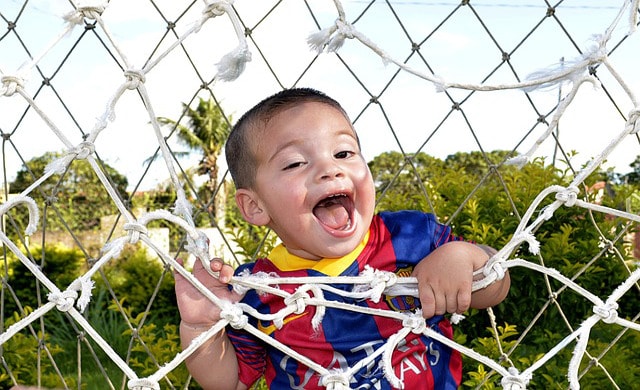
One of the most important jobs as parents is to teach our children about feelings and emotions. Because babies and toddlers are not cognitively mature to use language to express themselves, their main form of communication is through sounds and actions. Crying, screaming, hitting, throwing and scratching, all these are various forms of communication.
When it comes to emotions, babies are only beginning to develop their foundation of social-emotional skills, and these skills will build up as they grow older. Here are some key emotional developments goals for your baby.
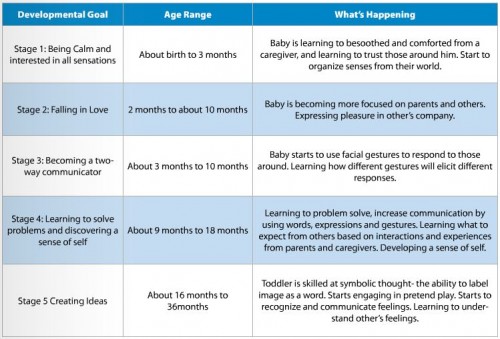 See table below
See table below
| Developmental Goal | Age Range | What’s Happening |
| Stage 1: Being Calm and interested in all sensations | About birth to 3 months | Baby is learning to be besoothed and comforted from a caregiver, and learning to trust those around him. Start to organize senses from their world. |
| Stage 2: Falling in Love | 2 months to about 10 months | Baby is becoming more focused on parents and others. Expressing pleasure in other’s company. |
| Stage 3: Becoming a two-way communicator | About 3 months to 10 months | Baby starts to use facial gestures to respond to those around. Learning how different gestures will elicit different responses. |
| Stage 4: Learning to solve problems and discovering a sense of self | About 9 months to 18 months | Learning to problem solve, increase communication by using words, expressions and gestures. Learning what to expect from others based on interactions and experiences from parents and caregivers. Developing a sense of self. |
| Stage 5: Creating Ideas | About 16 months to 36 months | Toddler is skilled at symbolic thought – the ability to label image as a word. Starts engaging in pretend play. Starts to recognize and communicate feelings. Learning to understand other’s feelings. |
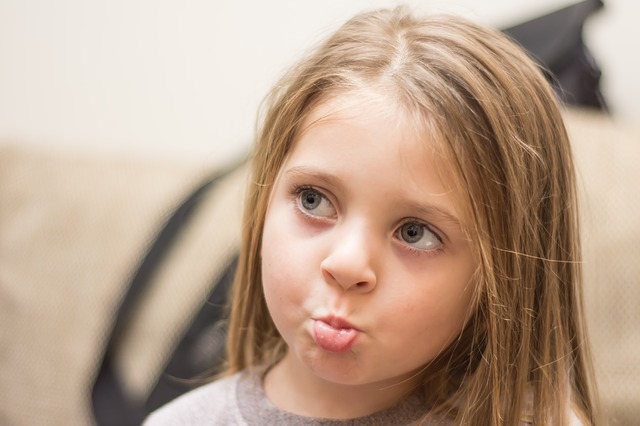
Teaching your child about emotions is a great step for developing self-awareness and communication skills. Helping babies to recognize, label and express emotions as they reach 2 years of age will also help reduce their frustrations and the need to hit or act out. However, it is a long process that requires patience. Here are some suggestions you can do to help your toddler be more in tune with their emotions and feelings:
- Read or tell stories about feelings. Choose brightly colored books with various emotions and point out and label them so the child can learn what it looks like
- Make baby-safe puppets. You can cut pictures out of adult and children faces and put on popsicle sticks and create simple stories using various emotions
- When a child is upset, label and express to them how they feel “Oh you are so sad” or “Oh you are angry not getting the toy” this helps them to identify feelings with words.
- Looking a mirror with your baby and say “I am so happy. I am happy because I love being here with you!”
- Help your child recover when feelings get overwhelming. Young toddlers are still developing their emotional regulation skills so helping them to sooth down is still important.
- Sing songs to practice feelings words “If you are happy and you know it stomp your feet”
- Empathize with your child. Children learn empathy by experiencing it from their caregiver. For example “I know you do not want to turn off the TV now. You feel angry about that. But it’s time for bed and sleep is important.”
By Tammy M. Fontana from All in the Family Counselling.
Ms. Fontana is the founder and therapist for Babysleepfairy, helping parents manage their children’s sleep through an evidence-based approach of sleep and sleep training. She has been doing sleep consulting for more than four years, both to families in the U.S and in Singapore. Ms. Fontana is also a relationship counselling expert.
This article was first published in The New Age Parents online magazine.
If you find this article useful, do click Like and Share at the bottom of the post, thank you.
If you find this article useful, do click Like and Share at the bottom of the post, thank you.









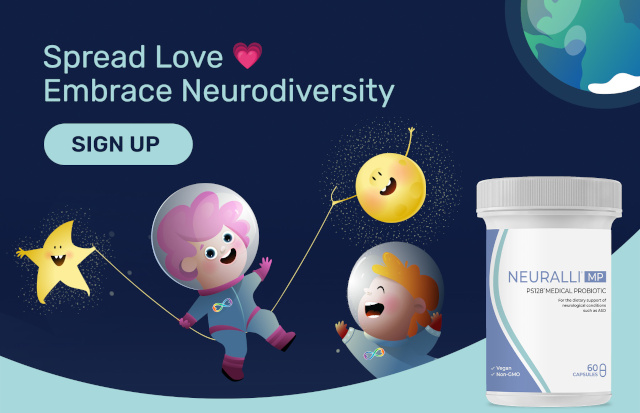


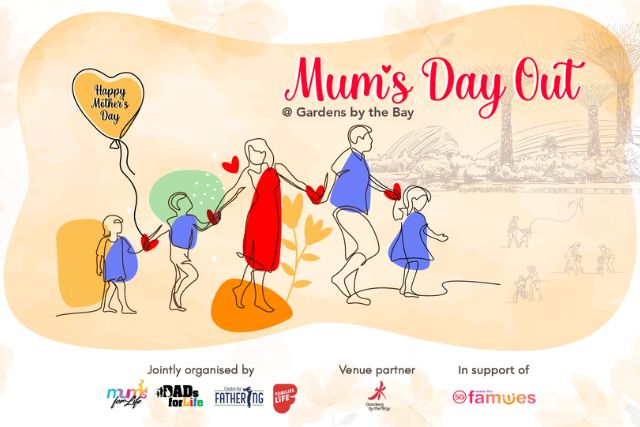


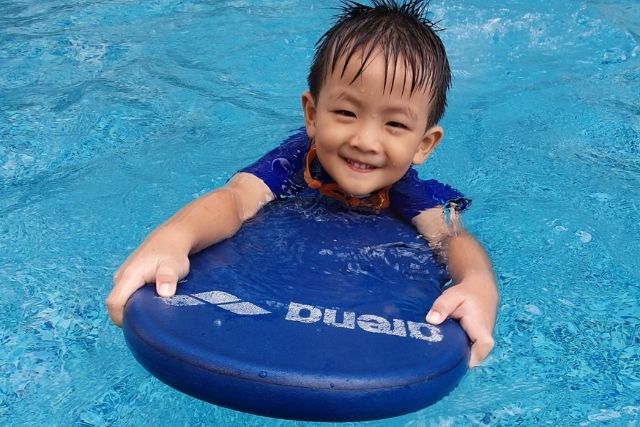





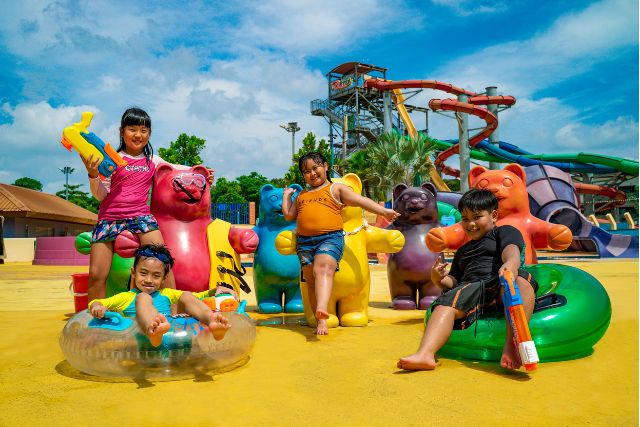















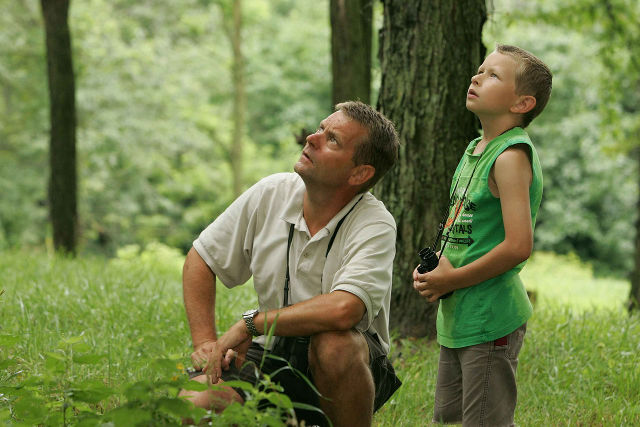

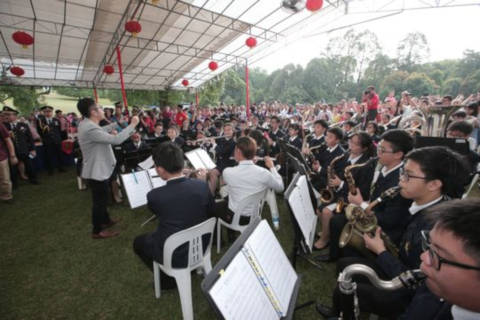








Leave a Comment: